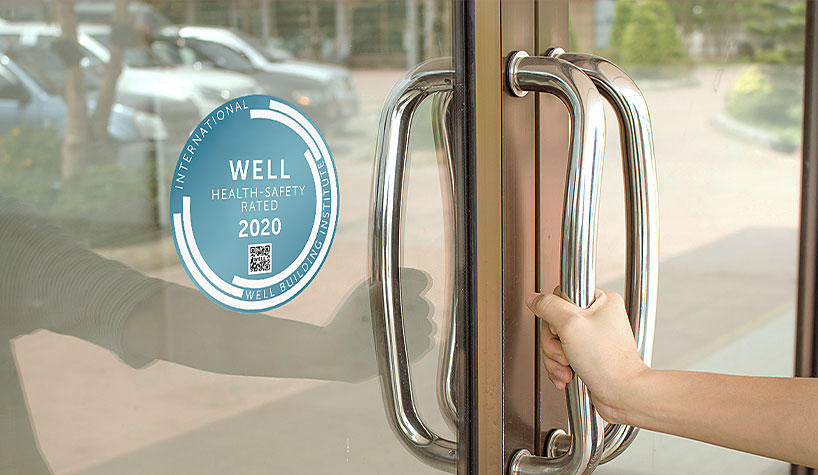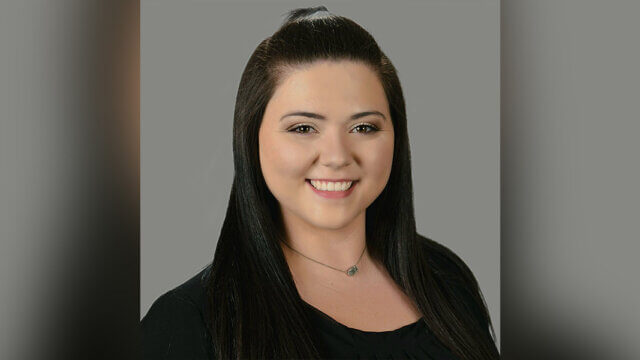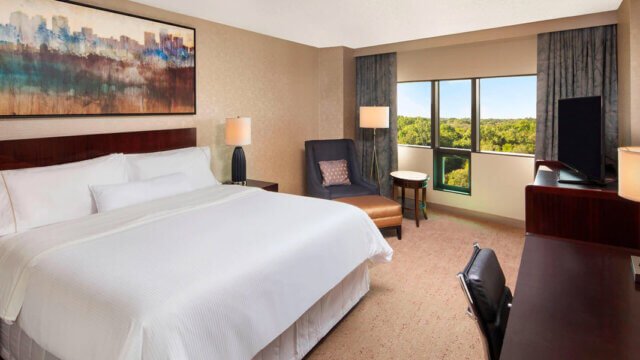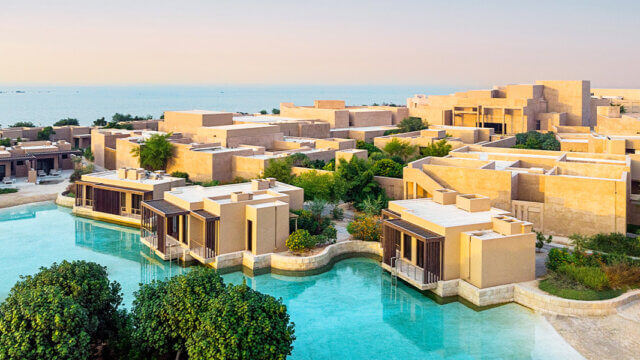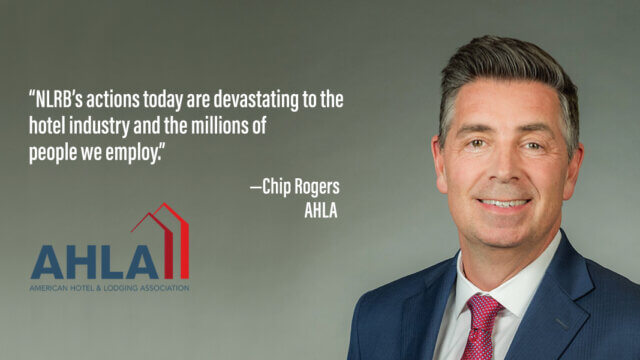NATIONAL REPORT—With the focus on them greater than it has ever been, hoteliers can now have their health and safety protocols certified by a third-party organization to send a message to employees and guests that that they can be confident in where they stay.
The International WELL Building Institute (IWBI) recently introduced the WELL Health-Safety Rating for Facility Operations and Management. The rating is an evidence-based rating focused on operational policies, maintenance protocols, emergency plans and stakeholder education, and works in conjunction with Safe Stay, providing additional confidence of third-party verification and a competitive advantage.
“The industry, and I can include myself in that commentary, pre-pandemic, never realized the importance [of health and safety] to the degree that any of us now understand very clearly,” said Greg Mount, an industry veteran who is now consulting with the IWBI. “To use an overused term, we are definitely in a new normal, and I think consumers, business travelers, folks that are utilizing hotels have a really different mindset, different outlook.”
He continued, “Wellness has always been something that been on the forefront of hotels in general. I think it is something that has been more prevalent in the upper-upscale, the luxury tiers, even more of a personal well-being experience. But I think it is something now that is really at the forefront of everyone’s mind and it should be. We have an obligation to not only keep our associates’ health and safety in mind, but we do the same for our guests now. I think it is really something that is going to be an expectation for the consumer, and something competitively if you are not addressing, you could be at a competitive disadvantage, just like non-smoking rooms were 25 years ago. It is something you have to address, and you have to be on top of. There is no doubt about it.”
IWBI, which has recently partnered with AAHOA and Aimbridge Hospitality, as well other hotel companies, has certified major landmarks like the Empire State Building and Taipei 101 Tower, as well as Yankee Stadium, AT&T Stadium, and Prudential Center.
Mount said that using a third party to certify health and safety standards sends a positive message to guests. “It demonstrates commitment to health and validates the safety efforts,” he said. “I don’t think this is a situation where you can just use somebody that decides they are going to put the seal and they are going to be the arbiter of all things that relate to what you need to do as a hotel. You have to have it as a science-based, well-established global rating that includes the World Health Organization, the U.S. Centers for Disease Control and Prevention (CDC) and ASTM International and the American Society of Heating and Refrigeration, etc. All of those things combined, you need someone that is already in the space and already using the science and understands what it means and understands how these types of viruses are transmitted and understands what the cleaning protocols need to be and understands what it is going to take to be able to meet those obligations that have been set out.”
If guests are going to come back, hotels have to instill them with confidence. “This is really important,” he said. “The hotel industry has to address this and they have to communicate to the guests that they have addressed it. That will go a long way because people want to get back to doing the same things that they were doing before as it relates to traveling. But at the same time, we want to be conscious of ourselves and our family and our friends and making sure that they are safe. This is a very economical way to be able to show guests that you have done the right things.”
